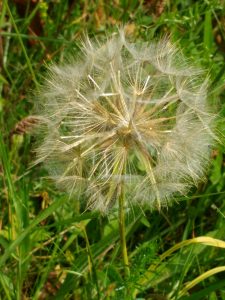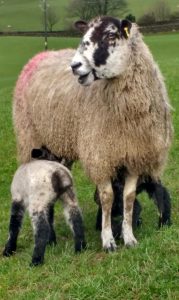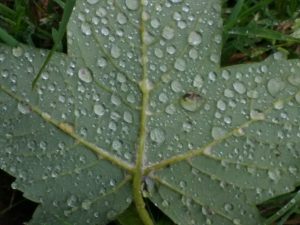 Some definitions:
Some definitions:
Poetry: ‘what makes the invisible appear’ (according to Nathalie Sarraute); ‘the revelation of the self to the self’ (Ted Hughes).
Hope: a feeling of expectation and desire for a particular thing to happen.
Fear: an unpleasant emotion caused by the threat of danger, pain, or harm.
Ambivalence: the state of having mixed feelings or contradictory ideas about something or someone.
And…
Hubris: (in Greek tragedy) excessive pride towards or defiance of the gods, leading to nemesis.
Stick that lot in a blender and you have something about why I think poetry is so important—both for writer and reader—and how I feel about putting mine out in the world. I’ve been making a big effort to do so this year and, though mostly I feel this requires a thicker skin than I actually have, I’m getting a bit more resilient. Self-belief seems to be a muscle which (like any other) gets stronger through exercise; no pain, no gain, and all that. Whoulda thought that what the afternoon knows, or part of it anyway, might be summed up by Jane Fonda?!
So I want to trail a “forthcoming event” which feels terrifying and exciting in about equal measure. On 12th October there’ll be the first performance of The Song of the Silent Child, which Clive Walkley and I have written in collaboration. I think it’ll be about 35 mins long (haven’t heard the whole thing yet), and it’s about a subject dear to my heart (find out more about that on the Pro Nobis website, here). If it goes well I’ll be high as a kite; otherwise I’ll be packing a small bag so I can leave the country quickly… A couple of other short poems have been set to music, one by Clive and another by Tamsin Jones. Neither can be heard yet, but in the meantime you can hear some of Tamsin’s other work here, on her own site, or here and here on youtube. (Your correspondent can be spotted in one of these videos.)
As you’ll know, what seems these days to be known as “wellbeing” matters a lot to me, so I was delighted when three of my poems were published in The Eildon Tree’s special edition about connection and mental health. You can read ‘Friday 11 o’clock: communion’, ‘miscellany’ and ‘the art of self-compassion’ in the magazine itself here (pp. 18, 20, 21) or here, here and here on wtak. ‘Godparent’ was published in the March edition of Allegro (gotta scroll down a bit!); it’s also here on wtak. ‘Sea stones’, which I wrote after the ‘delightful weekend in the country’, can be read  here in Iceberg Tales or here on wtak; ‘what it can look like’ can be found here on wtak and should appear in The Selkie sometime this month. ‘Witness’ was runner-up in the Ver Poets competition this year (hurrah!), and you can read it here on wtak. (All that lamb-hunting finally paid off. I’ve written a lot of poems about lambs…)
here in Iceberg Tales or here on wtak; ‘what it can look like’ can be found here on wtak and should appear in The Selkie sometime this month. ‘Witness’ was runner-up in the Ver Poets competition this year (hurrah!), and you can read it here on wtak. (All that lamb-hunting finally paid off. I’ve written a lot of poems about lambs…)
In his ‘Letter to a Young Poet’, Clive James has the following to say:
“First of all, give up if you can. Nobody who isn’t neurotically driven should be in the game, because the chances of failure are too high, and the disappointments are too cruel. So we can safely assume that you are writing poetry because you must, and not just because you think it a more rewarding activity than stacking shelves. The latter assumption is statistically wrong anyway: the average stacked shelf is not only more useful to society than the average poem, it is actually superior as a work of art.”
As so often I can only agree with him—but then who ever sets out to create an ‘average’ poem; and besides, if you’re driven, then you’re driven. I guess I am. Later on in the essay, though, he says something which brings good tears (rather than those of despair) to my eyes:
“If even a few people remember a line or two in a poem you wrote, you’re not just getting there, you’re there. That’s it: and all the greater glory is mere vanity’.”
Clive, that’s probably easier to say when you’ve enjoyed some “greater glory” is my immediate response. But I do also find this a deeply comforting thought. There’s a reassurance there: if you’ve communicated something, you’ve communicated something. Job done. The creation of something which people can connect with, relate to; which shows them something about themselves or life which is useful, or beautiful; which, even for a moment, makes it easier, less lonely, more comprehensible to be a human: that’s what I think poetry—and therapy—are about. I wouldn’t say no to a spot of glory, but for the moment am pretty chuffed that some people have read some things I’ve written, and found them resonant enough to reproduce.
I hope there might be some resonances for you, too. Let me know.

Be brave. You do achieve those things.
Squinting through teary eyes… Thank you, David x